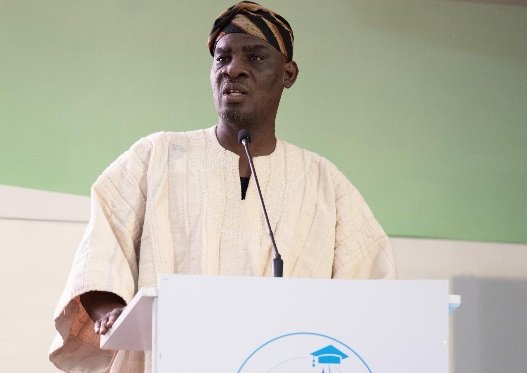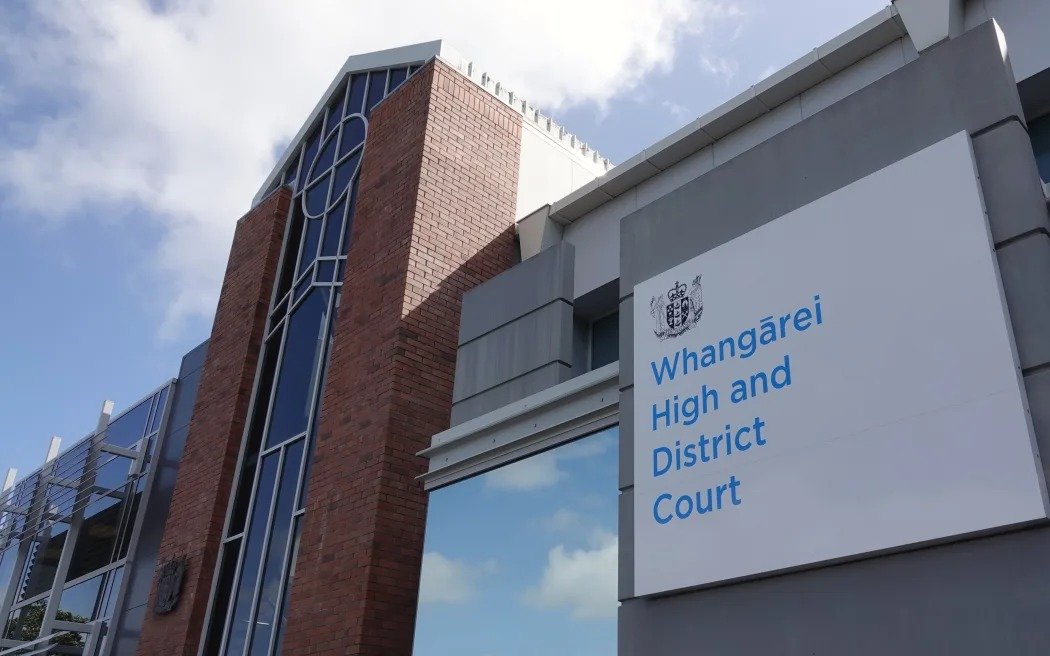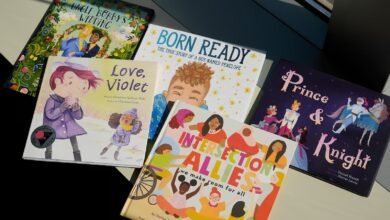Teaching in Local Languages Now Mandatory in Ghana’s Basic Schools

The Minister of Education, Haruna Iddrisu, has directed that all basic schools in Ghana must now use local languages as the medium of instruction, marking a major shift in the country’s education policy.
Announcing the directive in Accra during the launch of the Free Tertiary Education for Persons with Disability initiative by President John Dramani Mahama, the Minister said the move aims to strengthen teaching and learning outcomes at the foundational level.
Mr Iddrisu explained that using mother tongues in early education helps children better understand lessons and develop literacy skills more effectively. He cited an example of a young girl in the Ashanti Region who once pleaded with her teacher to “speak a little Twi” so she could understand the lesson.
“In line with the President’s vision and authority, I am directing the Director General of the Ghana Education Service (GES) to ensure that from today, teachers use the mother tongue as the medium of instruction in all Ghanaian schools,” the Minister said.
He emphasized that this directive reflects President Mahama’s Reset Agenda, which seeks to improve the quality and inclusivity of basic education. “A Ghanaian child was not born into an English family but a proud Ashanti Akan family and deserves to learn,” he added, calling for strict enforcement of the policy.
The Minister also highlighted President Mahama’s new Free Tertiary Education for Persons with Disability programme, describing it as a compassionate initiative to ensure equal educational opportunities.
The policy, costing about GHS31 million, will be funded by the Ghana Education Trust Fund (GETFund), with a further GHS50 million to be allocated every two years for disability-related interventions.
In addition, Mr Iddrisu revealed that President Xi Jinping of China had gifted Ghana 200 million Chinese Yuan (about $30 million) during President Mahama’s recent visit to Beijing. The grant, he said, would be used to establish a Catholic Science University in Damongo, the capital of the Savannah Region.
Two more technical universities would also be established in Jasikan (Oti Region) and Techiman (Bono East Region) to expand access to quality higher education.
In line with the United Nations Convention on the Rights of the Child (UNCRC), every child has the right to education that develops their personality, cultural identity, and abilities to their fullest potential.
Ghana’s adoption of mother-tongue instruction upholds this right, ensuring that every child learns in a language they understand, promoting inclusion and equity.





